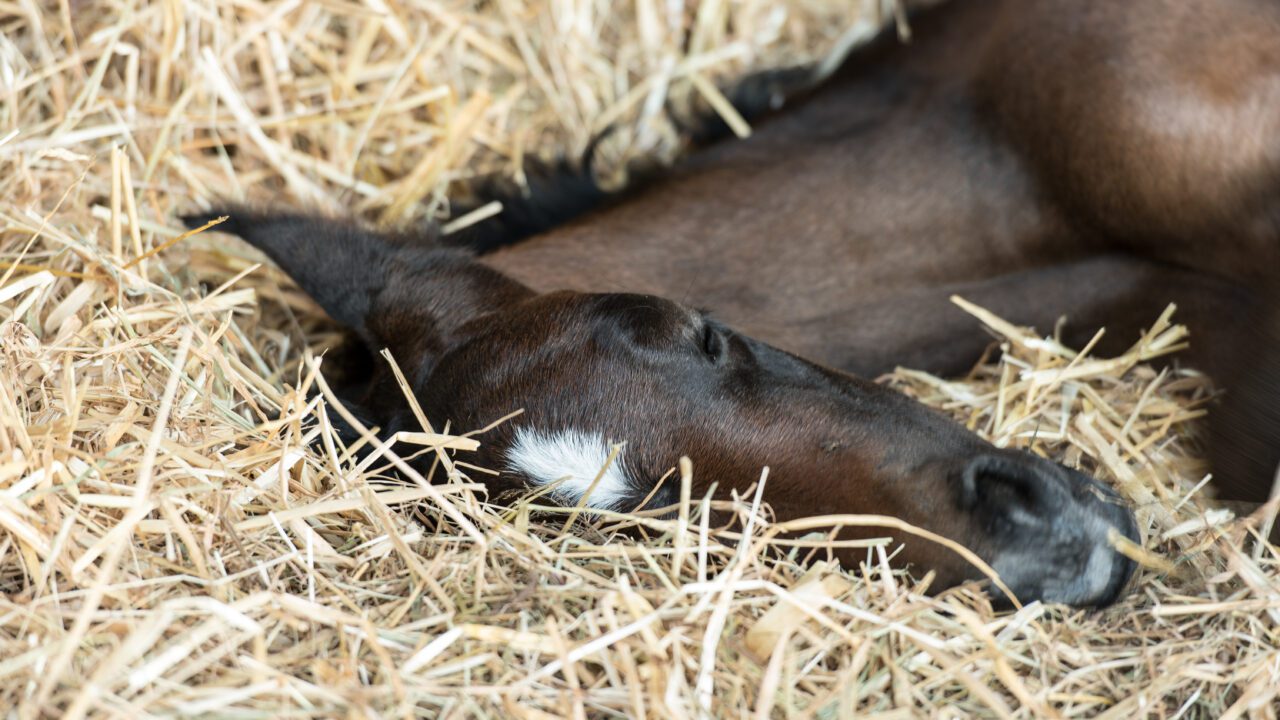Mother Nature will always have her say when it comes to when your mare is going to foal.
Whilst many mares will go early or past their due date and have perfectly normal foals, there are some signs and symptoms that you should look out for if your foal fits this outcome.
Premature Foals (considered premature if born before 320 days of gestation.)
- Weak – take longer to rise
- Depressed suckling ability
- Silky coat
- Domed forehead
- Decreased tongue and lip tone
- Floppy ears and general decreased body tone
- Flexor Tendon laxity observed as hyper extension of fetlock joints
- Reduced tolerance to oral feeding – GI tract dysfunction – may manifest as colic, diarrhoea, abdominal distension, reflux.
- Reduced body temperature and susceptibility to hypothermia
- Respiratory distress due to immature lung formation
- Delayed maturity of renal function – low urine output
- Increased prevalence of entropians with secondary corneal ulcers
Overdue / Postmaturity Foals (foals retained too long in utero)
- Normal to high birth weight
- Large frame, but thin with muscle wasting
- Delayed time to stand
- Flexor tendon contraction (foal appears to be standing on tippy toes)
- Long hair coat
- Fully erupted incisors
- Weak suckle reflex
- Poor thermoregulation
- GI tract dysfunction
- Delayed maturation if renal function – low urine output
If not treated promptly, a premature or post mature foal can deteriorate rapidly. If ever in doubt, it is always best practice to contact your veterinarian.

